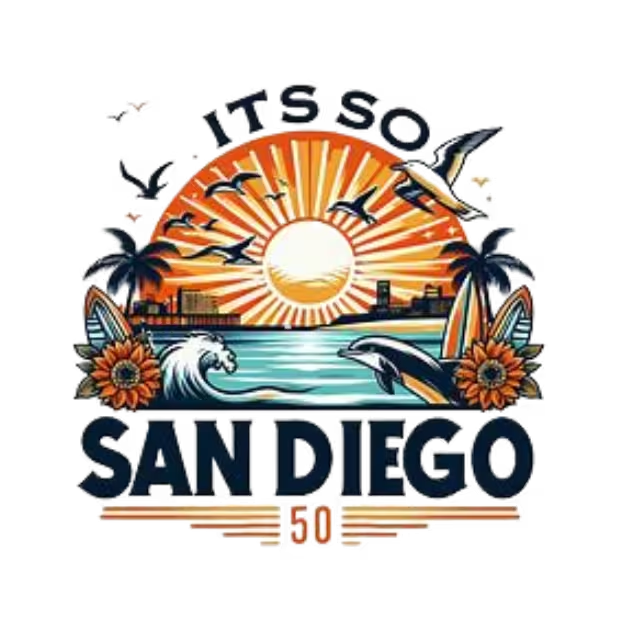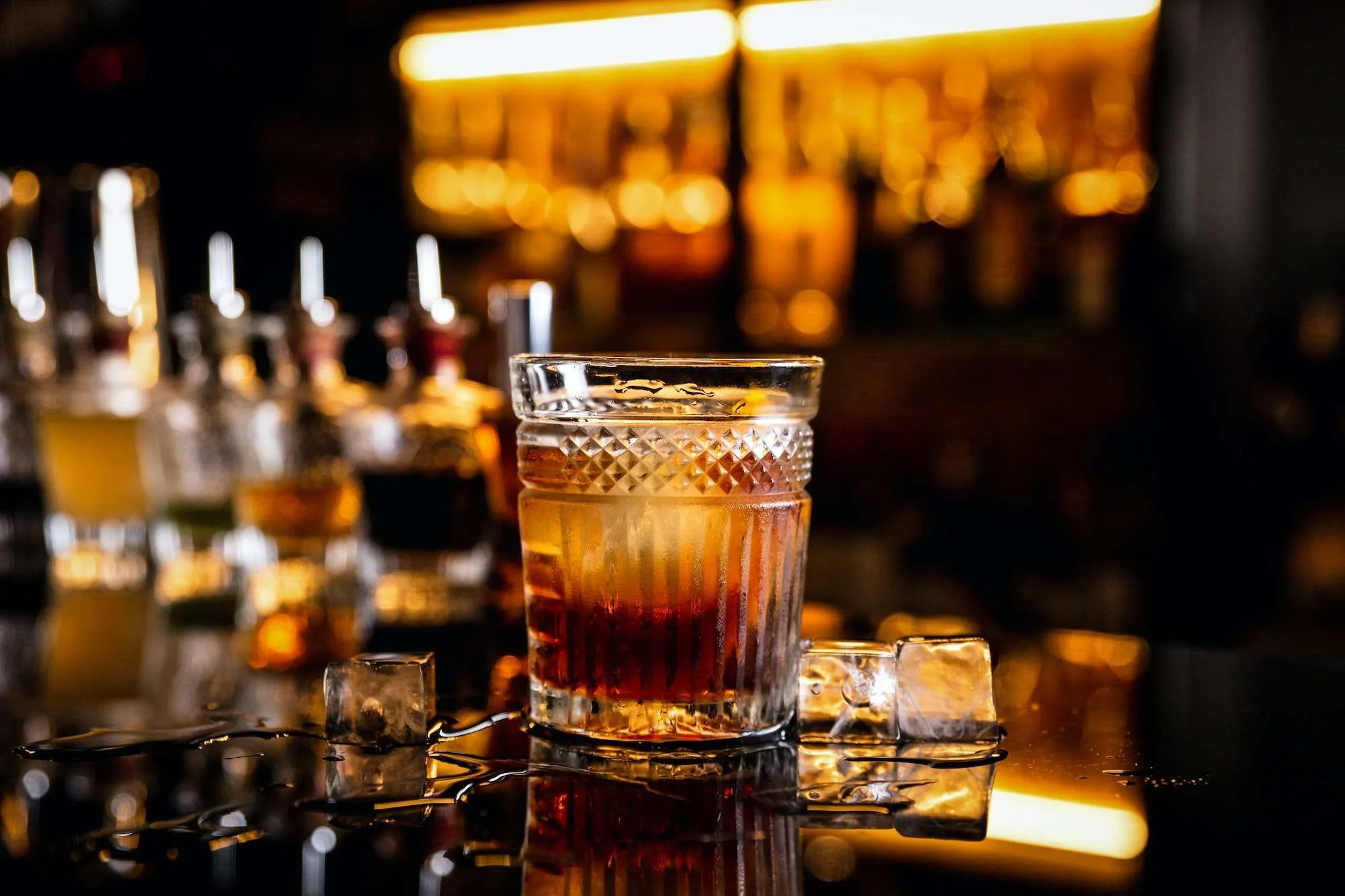Acquiring a liquor license can be a pivotal decision for any restaurant or eatery, offering both opportunities and challenges that can significantly impact its success. The ability to serve alcoholic beverages can enhance the dining experience, attract a broader clientele, and boost revenue. However, obtaining and maintaining a liquor license also comes with regulatory hurdles, operational considerations, and potential risks. In this discussion, we’ll explore the pros and cons of having a liquor license for a restaurant or eatery, weighing the benefits against the potential pitfalls to help aspiring entrepreneurs make informed decisions in the competitive hospitality industry.
:
- Enhanced Dining Experience: Offering a selection of alcoholic beverages can elevate the dining experience for customers, providing them with options to complement their meals and indulge in social gatherings.
- Increased Revenue Potential: Alcohol sales often contribute significantly to a restaurant’s bottom line, offering higher profit margins compared to food items. This additional revenue stream can boost overall profitability and sustainability.
- Competitive Advantage: In markets where many competitors exist, having a liquor license can differentiate a restaurant or eatery, attracting patrons who seek a full-service dining experience that includes alcoholic beverages.
- Expanded Customer Base: By catering to patrons who enjoy alcoholic beverages, a restaurant can attract a broader demographic, including those celebrating special occasions, socializing with friends, or seeking a leisurely dining experience.
- Opportunities for Upselling: Alcohol sales present opportunities for upselling and increasing the average check size through promotions, specialty cocktails, wine pairings, and premium beverage offerings.
Cons of Having a Liquor License:
- Regulatory Compliance: Obtaining and maintaining a liquor license requires adherence to strict regulatory requirements, including age verification, responsible service practices, and compliance with local laws and regulations.
- Costs and Fees: The initial application fees, license renewal fees, and ongoing operational expenses associated with maintaining a liquor license can be substantial and may impact the restaurant’s financial viability.
- Liability and Risk Management: Serving alcohol comes with inherent risks, including liability for alcohol-related incidents such as accidents, injuries, or intoxicated driving. Restaurants must implement robust policies and procedures for responsible alcohol service and risk mitigation.
- Operational Complexity: Managing inventory, storage, and service of alcoholic beverages adds complexity to restaurant operations, requiring proper training for staff, inventory management systems, and compliance with health and safety standards.
- Cultural Considerations: Some communities may have cultural or social norms that discourage or frown upon alcohol consumption, which could impact the restaurant’s reputation or acceptance within the local community.
While obtaining a liquor license for a restaurant or eatery offers numerous potential benefits, it also presents challenges and risks that must be carefully considered. Success in leveraging a liquor license to enhance the dining experience and increase revenue requires diligent planning, compliance with regulations, and a commitment to responsible alcohol service. By weighing the pros and cons and implementing sound business practices, restaurateurs can maximize the potential benefits of having a liquor license while mitigating associated risks.
Understanding Liquor Licenses: Liquor licenses in San Diego are regulated by the California Department of Alcoholic Beverage Control (ABC). These licenses authorize individuals or businesses to sell alcoholic beverages for on-site consumption, whether it’s a restaurant, bar, nightclub, or other establishments.
- Type 21 – Off-Sale General: This license permits the retail sale of beer, wine, and distilled spirits for off-site consumption. It’s commonly held by liquor stores, supermarkets, and convenience stores.
- Type 47 – On-Sale General Eating Place: This license allows for the sale of beer, wine, and distilled spirits for consumption on the premises of a bona fide eating place. It’s typically held by restaurants, cafes, and similar establishments.
- Type 48 – On-Sale General Public Premises: Similar to Type 47, this license permits the sale of beer, wine, and distilled spirits for consumption on the premises of a bar, tavern, or nightclub.
- Type 57 – Caterer’s Permit: This permit is issued to caterers and authorizes them to serve alcoholic beverages at events and functions where food is provided. It allows for the sale of beer, wine, and distilled spirits.
- Type 71 – Producer’s General: This license is issued to manufacturers of beer, wine, or distilled spirits, allowing them to sell their products for consumption on or off the premises.
- Type 72 – Broker’s License: This license is for individuals or companies engaged in the business of selling alcoholic beverages wholesale to licensed retailers. It doesn’t authorize the sale of alcohol for consumption but facilitates its distribution.
- Type 75 – Winegrower’s Premises: This license is specifically for wineries that produce and bottle their own wine. It permits the sale of wine produced on the premises for both on-site and off-site consumption.
- Type 83 – Wine Sales (Direct Shipment Only) License: This license allows wineries to ship wine directly to consumers within and outside of California. It’s commonly used for wine clubs and direct-to-consumer sales.
- Type 87 – Wine and Beer Importer’s General: This license is issued to businesses involved in importing beer and wine into California for distribution to licensed retailers.
- Type 88 – Wine and Beer Importer’s General (Out-of-State): Similar to Type 87, but for businesses located outside of California that import beer and wine into the state.
- Type 90 – On-Sale General Music Venue: This license permits the sale of beer, wine, and distilled spirits for consumption on the premises of a music venue or concert hall.
- Type 99 – Instructional Tasting License: This license allows for the sale of small amounts of wine for tasting purposes at instructional events, such as cooking classes or wine education seminars.
These are the basic descriptions of each type of license as defined by the California ABC. Each type may have specific requirements, restrictions, and fees associated with it, depending on the jurisdiction and individual circumstances.
Here’s a table summarizing the fees for liquor license applications and related services in San Diego County:
| Description of Application | Application Fee |
|---|---|
| General Licenses | |
| Priority (Types 21, 47, 48, 57, 71, 72, 75, 83, 87, 88, 90, 99) | $18,635 |
| Non-Priority (Types 51, 52, 53, 54, 55, 56, 76, 80) | $1,065 |
| Converting Seasonal General License (Type 49 to Type 47) | $18,635 |
| Type 47 – On-Sale General Eating Place on Public Property | $7,060 |
| Type 62 – On-Sale General Dockside | $2,355 |
| Type 64 – Special On-Sale General Theater | $1,175 |
| Type 70 – On-Sale General Restrictive Service | $7,060 |
| Type 78 – Wine, Food, and Art Museum | $14,125 |
| Type 90 – On-Sale General Music Venue | $18,635 |
| Non-General Licenses | |
| Non-General (Except Types 06, 26, 28, 82) | $1,065 |
| Non-General (Types 06, 26, 28, 82) | $120 |
| Non-General (Duplicate Type 02) | $520 |
| Transferring an Existing License | |
| Person to Person | |
| Person to Person Transfer | $1,470 (w/ General License), $395 (w/o General License) |
| Membership or Stock Transfer | $940 (w/ General License), $395 (w/o General License) |
| Membership or Stock Transfers, Multiple Premises | $120 (w/ General License), $120 (w/o General License) |
| Corporate Update | $355 (w/ General License), $355 (w/o General License) |
| Code 8 Removal | $1,470 (w/ General License), $395 (w/o General License) |
| Drop Partner | $135 (w/ General License), $135 (w/o General License) |
| Fiduciary Transfer | $120 (w/ General License), $120 (w/o General License) |
| Premises to Premises | |
| Premises to Premises Transfer | $920 |
| Intercounty Transfer for General License | $7,060 |
| Exchange | $120 |
| Substantial Physical Changes (No Expansion) | $405 |
| Premises Expansion | $445 |
| Double Transfers | |
| (Ownership and Premises are Changing) | |
| Premises and Person Transfer | $1,470 (w/ General License), $1,065 (w/o General License) |
| Premises and Membership or Stock Transfer | $1,470 (w/ General License), $1,065 (w/o General License) |
| Premises and Membership or Stock Transfer, Multiple Premises | $1,470 (w/ General License), $1,035 (w/o General License) |
| Premises and Fiduciary Transfer | $1,035 (w/ General License), $1,035 (w/o General License) |
| Miscellaneous Fees | |
| Operating | |
| Condition Modification | $560 |
| Interim Operating Permit | $170 |
| Temporary Permit | $100 |
| Private Warehouse Permit | $200 |
| Qualified Manager | $165 |
| Beer Keg Identification Tags (100) | $30 |
| Beer Keg Receipt Books (50) | $10 |
| Other | |
| License Replacement Fee | $25 |
| Fingerprinting Fees | $63 |
| Bad Check Fee | $25 |
| Non-Profit Temporary Licenses | |
| Daily Beer and Wine | $50 per day |
| Daily General | $75 per day |
| Special Daily On-Sale | $100 per day |
| Special Daily Off-Sale | $100 per day |
| Special Daily Auction | $100 per day |
| Catering and Event Permits | |
| 0 to 999 in Attendance | $100 per day |
| 1,000 to 4,999 in Attendance | $325 per day |
| 5,000 or more in Attendance | $1,000 per day |
| Invitation Only Events pursuant to 25600.5 | $220 per day |
This comprehensive table provides a detailed overview of the application fees and charges associated with liquor licensing and related services in San Diego County.
San Diego’s restaurant industry is a fiercely competitive arena where success hinges on various factors, including the possession of a liquor license. In this article, we delve into the challenges and opportunities faced by restaurateurs in this vibrant culinary landscape. Highlighting the importance of liquor licenses, we explore how these permits can provide a crucial competitive edge, allowing establishments to enhance their offerings, attract a wider customer base, and increase revenue. Furthermore, we examine the difficulties encountered by restaurants operating without a liquor license, from limited revenue streams to decreased market appeal. By shedding light on the role of liquor licenses in San Diego’s restaurant scene, this article aims to provide valuable insights for entrepreneurs navigating the complexities of the industry and striving for success in this dynamic market.
In addition, consumers are increasingly becoming aware of the challenges associated with opening and operating restaurants in the city. From navigating stringent regulations to managing high operational costs, restaurateurs face numerous hurdles in bringing their culinary visions to life. As consumers gain insight into the complexities of the industry, they develop a greater appreciation for the dedication and perseverance required to succeed in the competitive restaurant landscape. This understanding fosters a supportive environment where patrons are more inclined to champion local eateries and recognize the value they bring to the community. By acknowledging the difficulties faced by restaurant owners, consumers contribute to the resilience and vibrancy of San Diego’s dining scene, ultimately shaping its future trajectory.
For more stories like this subscribe to our newsletter. It helps us to continue bringing you more information and insight into our communities.

